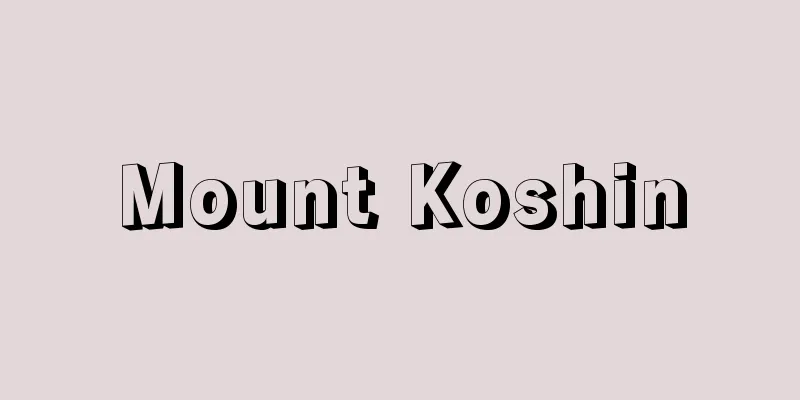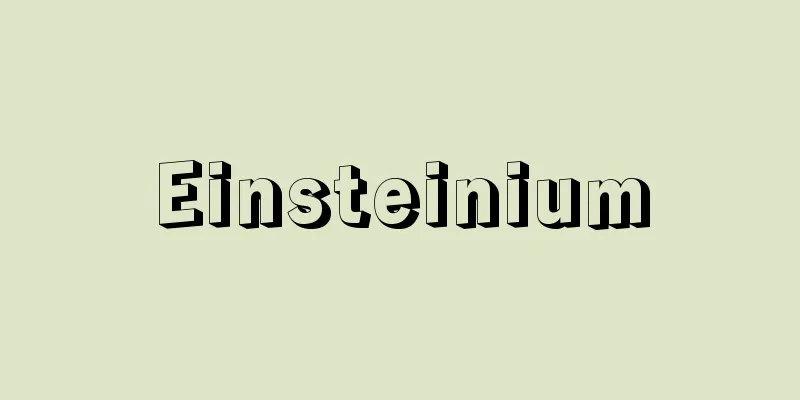Three Worlds

|
[1] [Noun] ① A Buddhist term. The three delusional worlds in which all sentient beings undergo the cycle of birth and death . They are the desire realm, the form realm, and the formless realm. ※Man'yoshu (late 8th century) 5/794 Preface to the above poem: "The four directions of birth and death, the two dreams, all empty , the three realms drifting, the two circles without a single breath." ※Heike (early 13th century) 3: "Though the three realms are vast, there is no place for a person to stay even five feet away." ② An abbreviation of "sanzen daisen sekai (three thousand great worlds)." ③ A Buddhist term. Refers to the three worlds of the past, present, and future. ④ Three boundaries. Three directions. ※Kaidoki (around 1223), Kamakura Travels: "The three worlds of the east, west and north stand like a mountain screen of high and low, and are filled with places." [2] [Suffix] ① Expresses a place far away. Around. Neighborhood . Often used with place names. "The Three Worlds of Edo," "The Three Worlds of Kyoto," "The Three Worlds of Tang," "The Three Worlds of the Fortress," "The Three Worlds of Parents," etc. ※Joruri, Tanba Yosaku Matsuya no Komuro - bushi (around 1707), Part 1: "The three Edo people have gone to their homes for a short time, and I wonder when they will return." ② When added to a word, it strengthens its meaning. ※Kakushihon, Ukiyo-furo (1809-13), Part 4: "If you prepare tea in an earthenware pot, you will have more than enough tea for one day." Source: The Selected Edition of the Japanese Language Dictionary About the Selected Edition of the Japanese Language Dictionary Information |
|
[1] 〘名〙① 仏語。いっさいの衆生の生死輪廻(しょうじりんね)する三種の迷いの世界。すなわち、欲界・色界(しきかい)・無色界をいう。※万葉(8C後)五・七九四右詩序文「四生起滅方二夢皆空一 三界漂流喩二環不一レ息」※平家(13C前)三「三界広しといへども、五尺の身置き所なし」② 「さんぜんだいせんせかい(三千大千世界)」の略。③ 仏語。過去・現在・未来の三世をいう。④ 三つのさかい。三つの方角。※海道記(1223頃)鎌倉遊覧「東西北の三界は高卑の山屏風の如くに立廻りて所を餝れり」[2] 〘接尾〙① 遠く離れた場所の意を表わす。くんだり。界隈(かいわい)。多くは地名に添えて用いる。「江戸三界」「京三界」「唐三界」「郭(くるわ)三界」「親許三界」など。※浄瑠璃・丹波与作待夜の小室節(1707頃)上「かりそめに江戸三がいへ往かんして、いつ戻らんすことじゃやら」② ある語に添えて、その意味を強める。※滑稽本・浮世風呂(1809‐13)四「茶は土瓶で拵(こしらへ)りゃ、一日さんがい余る」
出典 精選版 日本国語大辞典精選版 日本国語大辞典について 情報 |
>>: Antimony Oxide - Antimony Oxide
Recommend
Tom Stoppard
1937‐ British playwright. Born in Czechoslovakia. ...
Opera Comic - Opera Comic (English spelling) opéra comique French
A type of French opera. A comic opera that was es...
Azam Church - Azam Church
…He used clever lighting devices to create expres...
"Etsuzochishin" - Etsuzochishin
…Influenced by Hanzan’s Zen and Yunqi’s Pure Land...
Mr. Makino
A local lord in eastern Mikawa. At the end of the ...
Cicero - Marcus Tullius Cicero
Roman politician and thinker. Also famous as an o...
Oil Pollution Damage Compensation Law - Yudakusongaibaishoshoho
The Act was enacted in 1975 with the objective of ...
Azuma mirror body - I want to see Azuma mirror body
...It is written in the form of a diary, but it w...
The Five Pine Trees of Seki
A folk song from Mihonoseki Town, Matsue City, Sh...
Flechtenmacher, A. (English spelling) FlechtenmacherA
...The works of Hieronimus Ostermayer (1500-1861)...
stargazer
...In some regions, they have a pair of powerful ...
Cross - Charles Frederick Cross
British organic chemist. Born in Brentfold. Studi...
Asan Shaoshuo
Year of death: 5th year of the Sadaharu era/20th O...
Tabasco - Tabasco (English spelling)
It is an annual plant of the nightshade family (A...
Blighia sapida (English spelling) Blighiasapida
…It is closely related to the maple family and th...









